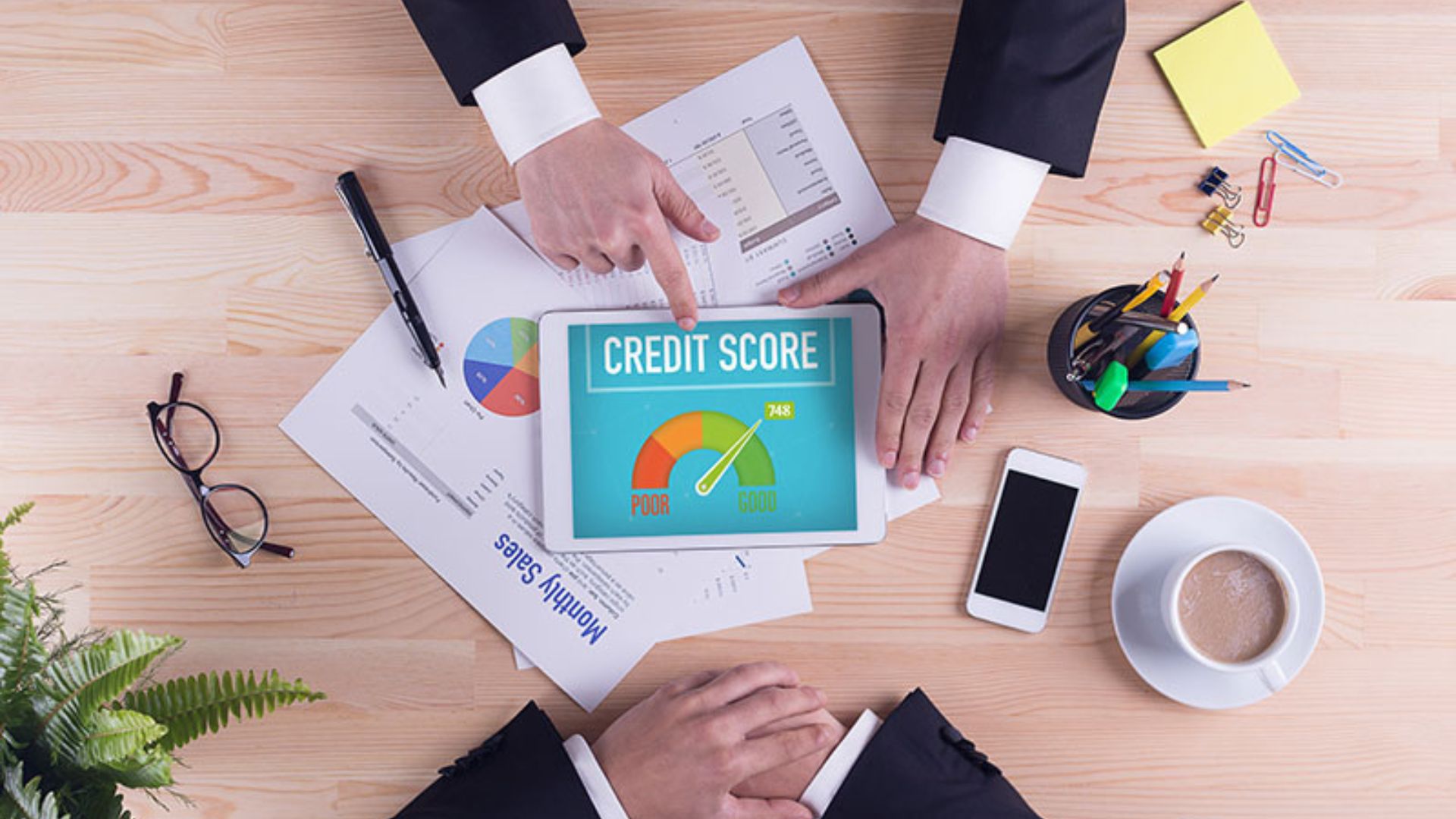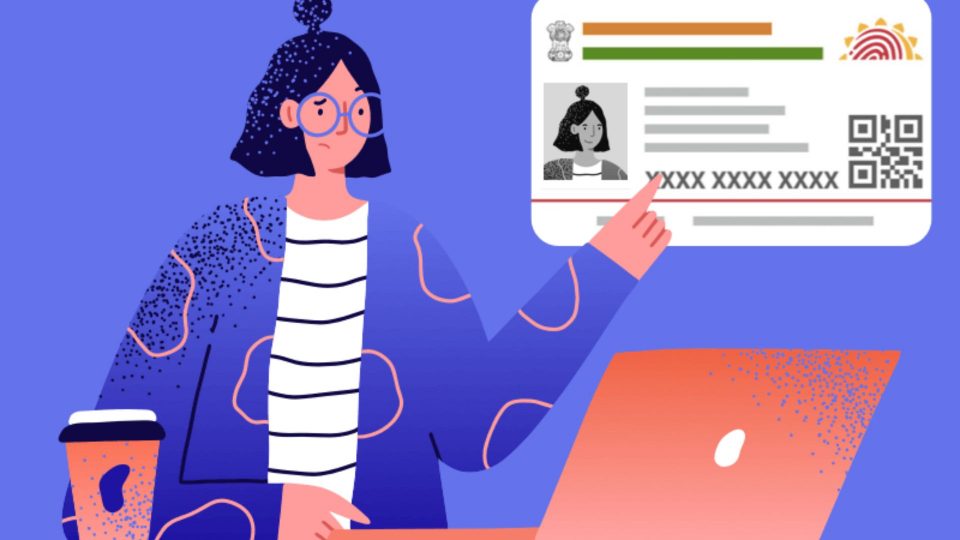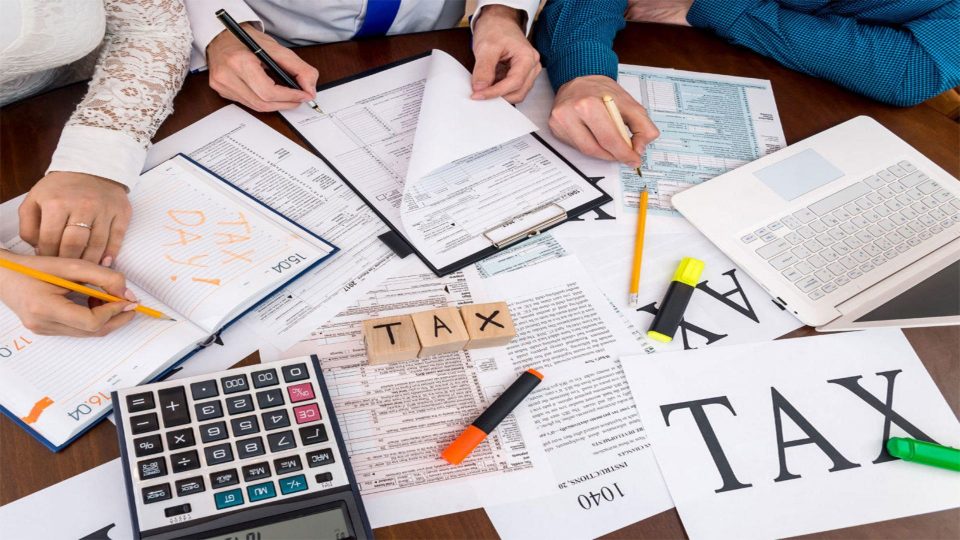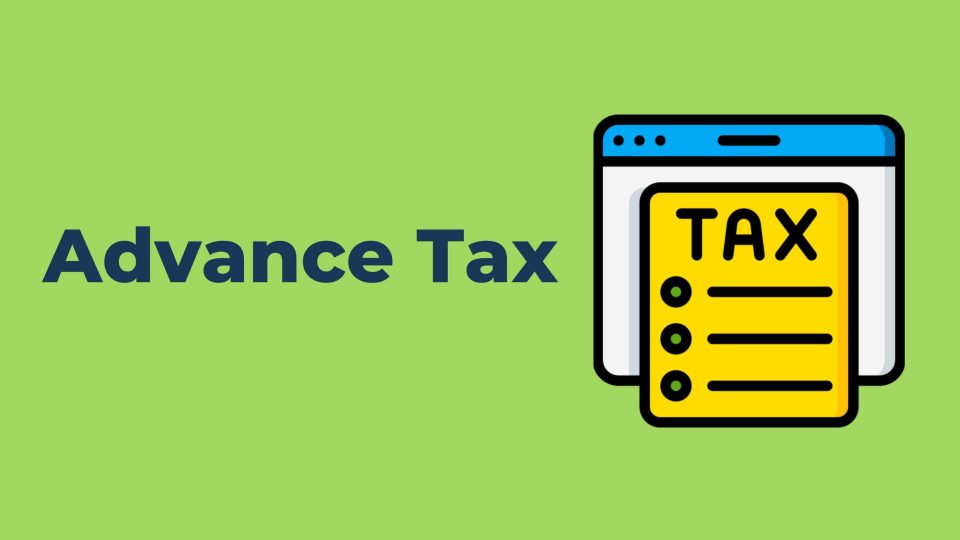Understanding your creditworthiness is critical in today’s financial scene, particularly when looking for loans or credit cards. The Credit Information Bureau (India) Limited, often known as CIBIL, plays a significant role in this area by giving credit scores to borrowers.
According to reports, credit scores help banks make educated judgments about issuing credit cards and loans. Your credit history affects your CIBIL score, which is determined using a unique process.
What Is The CIBIL Score?
Your CIBIL score is a three-digit figure that measures your creditworthiness and repayment capabilities. A higher score, which ranges from 300 to 900, suggests a better chance of loan acceptance. Banks and financial organizations use this score to evaluate the risk of lending money.
How To Get Your CIBIL Credit Score Without A PAN Card
1. Go to the official CIBIL website and select ‘Personal CIBIL Score,’ then ‘Get Your Free CIBIL Score.’ Follow the link and enter all of the relevant information.
2. If you do not have a PAN Card, you may use another form of identification, such as a passport, voter ID, driver’s license, or ration card. Enter the number of the chosen ID.
3. Enter your birth date, and PIN code, and choose your state. Finally, add your mobile phone number and click ‘Accept and Continue’.
4. On the following screen, enter the OTP (One-Time Password) that was sent to your mobile device to authenticate yourself. Click ‘Continue’ to proceed.
5. Decide if you wish to link the device to your account. Select ‘Yes’ or ‘No’ according to your desire.
6. After successfully registering, you will get a screen stating, ‘You have successfully registered!’
7. To get and check your CIBIL score, click ‘Go to Dashboard’.
Factors Influencing Your CIBIL Score
The elements determining the new CIBIL score, according to the CIBIL website, are:
1. Credit Depth: The length of your current credit history, measured from the date your oldest credit account was opened.
2. Long-Term Trend Of Overdue Balances: The general pattern of outstanding balances over time influences your score.
3. Credit Card Transaction History: How you handle credit card transactions influences your credit score.
4. Actual Payback Ratio To Total Amount Due: This ratio reflects your repayment behaviour and determines your score appropriately.
5. Number Of New Accounts Created And Closed: Opening and shutting accounts can have an impact on your credit score, therefore it is critical to manage these activities intelligently.




